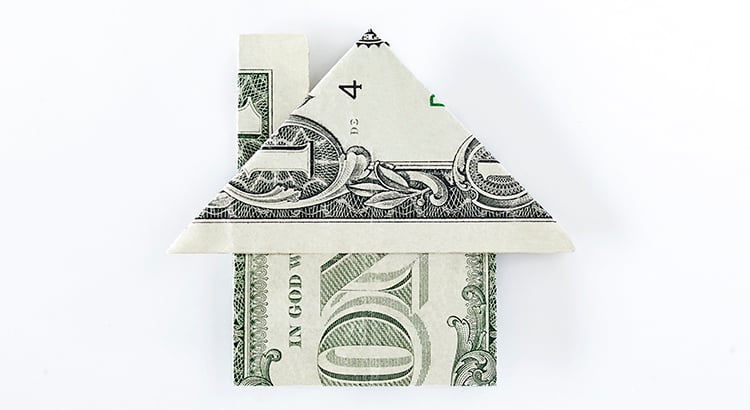
If you’re a homeowner ready to make a move, you may be thinking about using your current house as a short-term rental property instead of selling it. A short-term rental (STR) is typically offered as an alternative to a hotel, and they’re an investment that’s gained popularity in recent years. According to a Harris Poll survey, 28% of homeowners have considered using a rental service to temporarily rent out their home for additional income.


![Homeownership Builds Your Wealth over Time [INFOGRAPHIC] Simplifying The Market](https://terceroagency.com/wp-content/uploads/2023/01/Homeownership-Builds-Your-Wealth-In-The-Over-Time-KCM-Share.png)
![Homeownership Builds Your Wealth over Time [INFOGRAPHIC] | Simplifying The Market](https://terceroagency.com/wp-content/uploads/2023/01/Homeownership-Builds-Your-Wealth-In-The-Over-Time-MEM.png)




![What’s Really Happening with Home Prices? [INFOGRAPHIC] Simplifying The Market](https://terceroagency.com/wp-content/uploads/2023/01/Whats-Really-Happening-With-Home-Prices-KCM-Share.png)
![What’s Really Happening with Home Prices? [INFOGRAPHIC] | Simplifying The Market](https://terceroagency.com/wp-content/uploads/2023/01/Whats-Really-Happening-With-Home-Prices-MEM.png)
 If you’re a homeowner thinking about selling your house, you’re probably looking for the best time to make your move. That means you’re likely balancing a number of factors, like your changing needs, where you’ll go when you sell, and today’s mortgage rates in order to time it just right.
If you’re a homeowner thinking about selling your house, you’re probably looking for the best time to make your move. That means you’re likely balancing a number of factors, like your changing needs, where you’ll go when you sell, and today’s mortgage rates in order to time it just right.